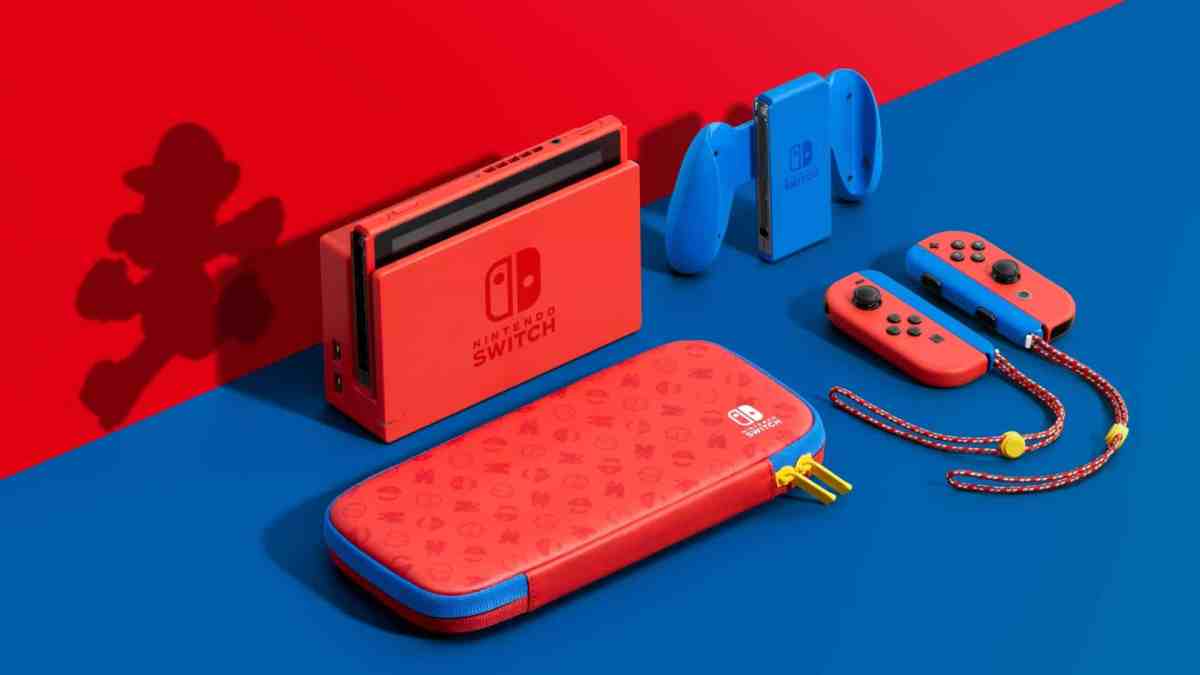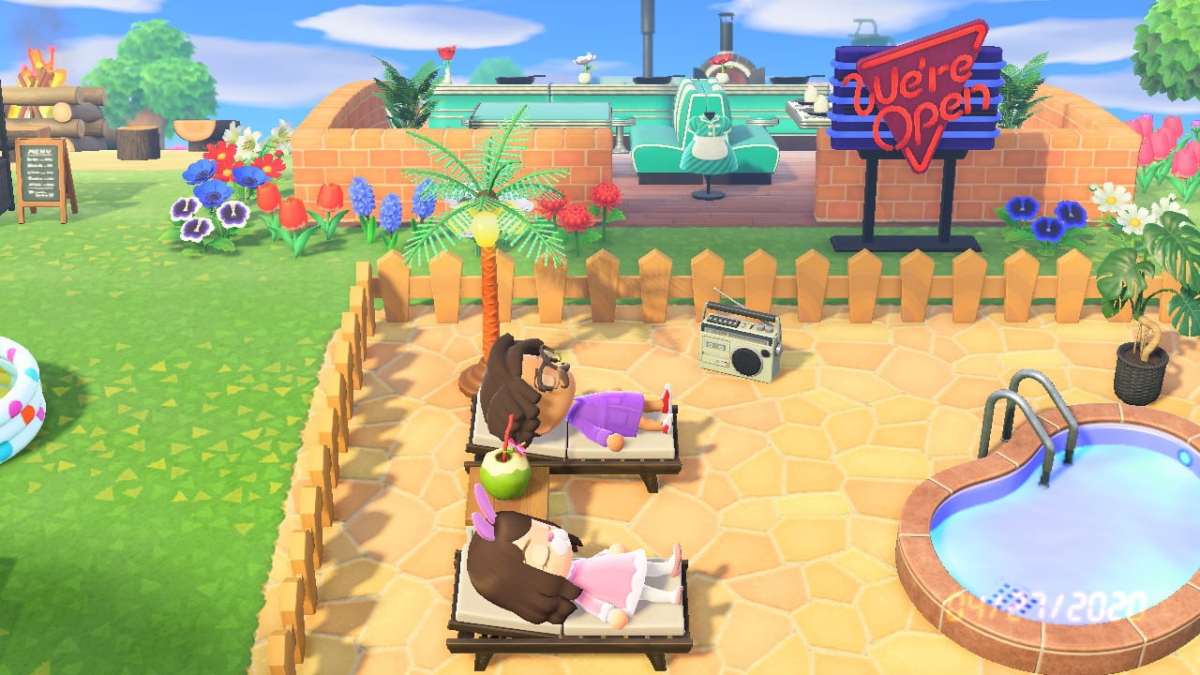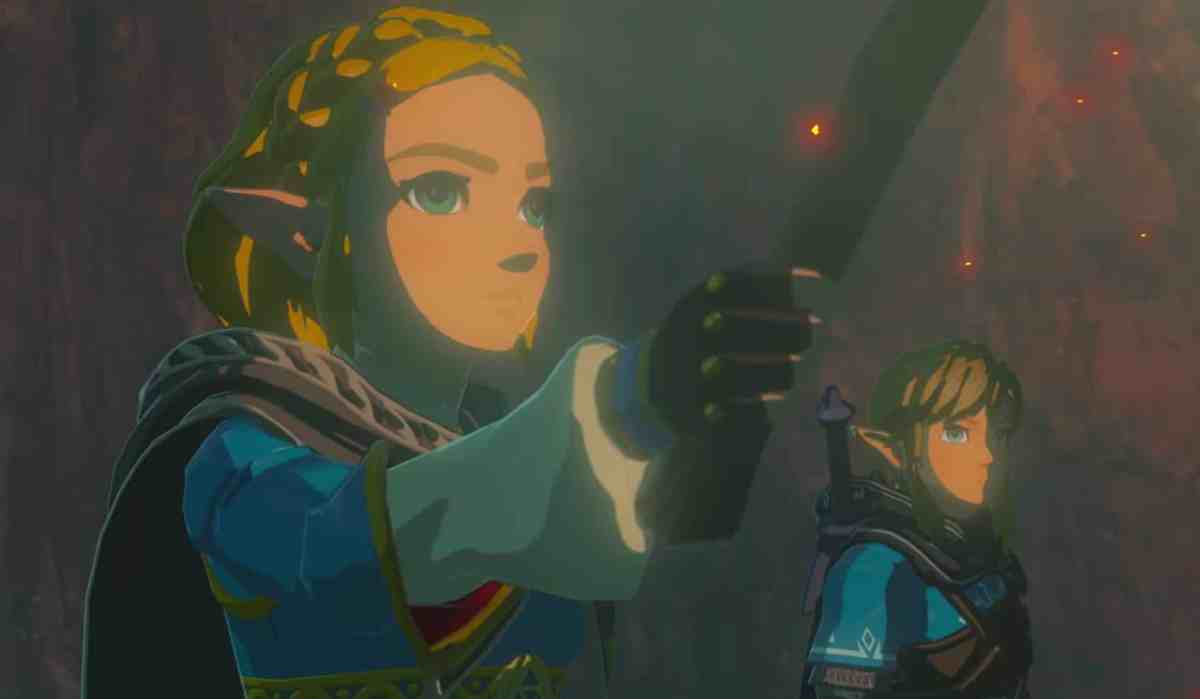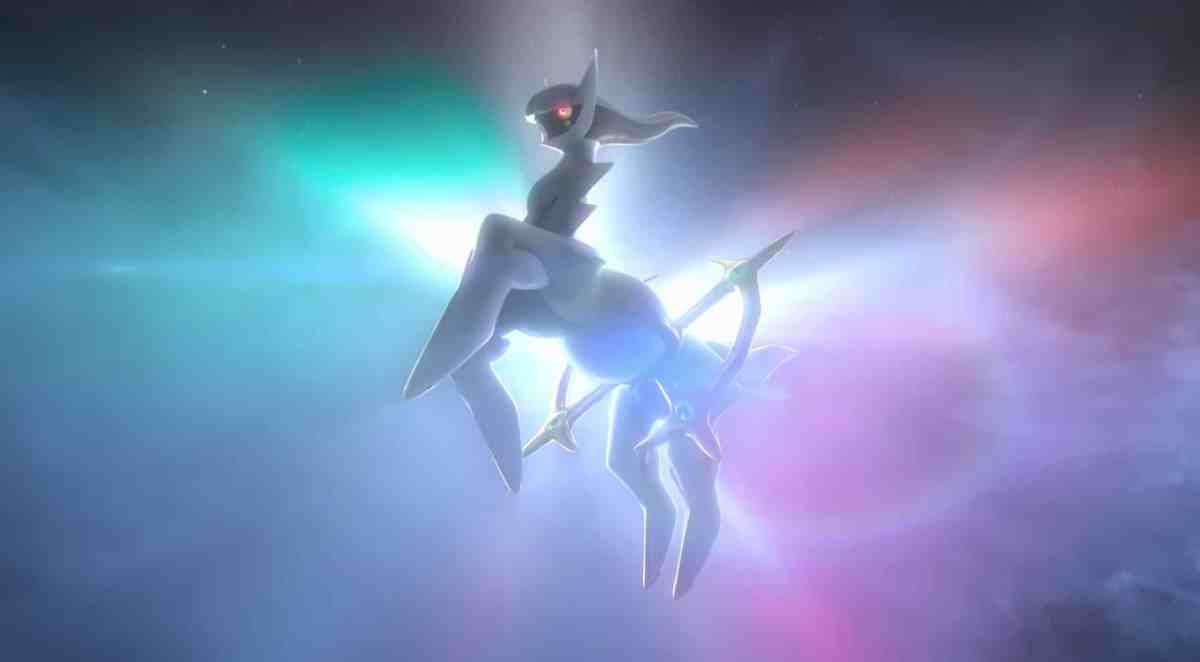It’s hard for me to wrap my head around the fact that Nintendo Switch is now four years old. March 3, 2017 somehow feels like it was both last month and also a decade ago, and the thing itself still feels “new” in my mind, despite having bought actual new PlayStation and Xbox consoles just a few months ago. But given the point we’re at in the Switch’s life, it’s no surprise that the rumors and reports of an updated hardware revision are gaining momentum. And honestly, considering the thousands of hours I’ve happily put into my Switch, I’m all for an update. But for Nintendo, when it decides to reveal it, release it, and select which games it markets alongside it are crucial. For the so-called Nintendo Switch Pro, timing is going to be everything.
The latest report came from Bloomberg and provided some details on the upcoming revision, most notably including a 7-inch, 720p OLED screen. That’s larger than the 6.2-inch display on the standard Switch and the 5.5-inch one on the Switch Lite. The report also mentions that the housing for the screen would remain the same, meaning that the new Switch would most likely have a much thinner bezel. Having the body stay the same size is a wise move on Nintendo’s part, seeing as how all of our Joy-Con, accessories, and cases would be able to transfer over cleanly to the new hardware. Of course, whether or not we’d also get some sort of controller revision that finally cures our Joy-Con drift woes for good remains to be seen.
As someone who uses Nintendo Switch exclusively in handheld mode, those details about the screen all sound excellent to me. OLED screens are great and definitely a step up from the Switch’s current LCD screen. Much like the OLED display on the original PlayStation Vita, it would provide brighter colors, deeper blacks, and a more energy-efficient battery life. However, some folks are disappointed at the news of a 720p display, as opposed to a full 1080p one.

I genuinely don’t see this being an issue. Given the distance most folks hold the unit from their face while in handheld mode, 720p is more than enough to provide an excellent picture. 1080p would be nice for cases like Nintendo Labo, where you’re folding some cardboard together and strapping the whole thing to your face, but I’d much rather have improved battery life over better faux-VR functionality.
The hardware revision is also supposed to be 4K-capable when docked, though the details on this are hazier in the report. VentureBeat laid out a handful of scenarios for how this could work, but it appears as if this increased processing power would be held inside of the dock itself, as opposed to the handheld unit. This would certainly help bridge the gap a bit between where Nintendo Switch currently is and the leap that Microsoft and Sony both took last fall, though it will still undoubtedly fall well short of PlayStation 5 and Xbox Series X in terms of power. But if that shortened gap means a continued string of third-party games also coming to Switch, then that’s a win for Nintendo.
The Bloomberg report states that Samsung is set to begin manufacturing the new screens in June and eyeing just under 1 million units produced per month through the remainder of the year. However, this is where the tricky part comes in. Will Nintendo plan to have the Switch Pro ready in time to roll out for the holidays, or will we see it early next year, aligning with the fifth anniversary of the Switch itself?
On one hand, it would make sense to have the new hardware ready for the public during the rush of the holiday season. That’s especially given the fact that Sony and Microsoft’s manufacturing troubles should be mostly cleared up by then, meaning that anyone who wants to buy a new console should be able to without too much hassle. Having a shiny new Switch ready to go alongside the PlayStation 5 and Xbox Series X | S would be extremely beneficial for Nintendo.

But given how much the pandemic has clearly impacted development across the entire video game industry, including obvious signs of this at Nintendo itself, I wouldn’t be surprised if plans had to be shifted and we were looking at the launch of the new Nintendo hardware in early 2022, which would place it right around five years after the Switch launched. But if that’s the case, then would Nintendo be hurting its holiday sales if it reveals a new console in 2021 that won’t be available until early 2022? Would folks hold off on buying an original Switch if they knew an update was on the horizon?
In terms of Western releases, five years seem to be Nintendo’s sweet spot for consoles. We got the SNES in 1991, five years later was the Nintendo 64 in 1996, five years later was the GameCube in 2001, and five years later was the Wii in 2006. Wii’s monumental success made it an outlier, as the Wii U came out six years later in 2012. But the Wii U’s stumbles put the Switch back on schedule less than five years later in March 2017. However, it bears reiterating that this hardware update doesn’t sound like a generational leap. Instead, it feels more akin to the PlayStation 4 Pro, Xbox One X, or, more aptly, the often-forgotten New Nintendo 3DS.
New Nintendo 3DS had a more powerful processor, a better battery, a larger screen, and additional buttons that helped make the entire 3DS experience smoother. It also had a small but strange list of exclusive games. The big ones were Xenoblade Chronicles, Fire Emblem Warriors, and Minecraft. But the handheld version of the SNES Virtual Console was also exclusive to it, and it included games like Legend of the Mystical Ninja, the Mega Man X trilogy, and EarthBound, which are games currently unavailable in the Switch’s SNES Online library.
I can’t imagine Nintendo would finally announce Nintendo 64 Online only to gate it behind the new hardware revision. Frankly, given that the Switch has already surpassed an impressive 80 million units sold, I can’t imagine Nintendo being eager to allow a game that won’t also play on all of those consoles.

As it stands, the Switch’s current momentum is remarkable. Though so much of the focus in 2020 was on Sony and Micrsosoft’s console launches, Nintendo’s sales numbers were at a level that we rarely see, and it shows no sign of slowing down. Animal Crossing: New Horizons is currently the 15th bestselling game ever, and it’s only moving up that list. The rest of the 2020 lineup was solid, if not quite spectacular. Paper Mario: The Origami King and Hyrule Warriors: Age of Calamity were nice surprises, and Switch remained a home to incredible indie games on day one like highly acclaimed Spiritfarer and Hades.
That said, Nintendo is certainly not without its share of current problems. Super Mario 3D All-Stars took three incredible games and rolled them into a lackluster collection that felt leagues behind other similar celebrations, not to mention the bizarre fact that it’s currently slated to cease shipping to retailers and be removed from the eShop in a matter of weeks. Nintendo similarly fumbled Zelda’s 35th anniversary by only announcing that Skyward Sword HD would be coming to Switch this summer. Of course, it seems likely that there’ll be more classic Zelda news later this year, but when compared to the Pokémon 25th anniversary stream just a few days after that, including an opening montage that did a wonderful job of taking us through the storied history of the franchise, it’s hard not to feel like Nintendo did Link dirty.

Speaking of Link, the final big question mark with the Nintendo Switch Pro is what game will be launched alongside it as a showcase of its upgrades. The two that are already announced and immediately come to mind are the sequel to The Legend of Zelda: Breath of the Wild and the newly revealed Pokémon Legends Arceus, with the former not having a release date and the latter slated for early 2022. It feels like it would be a misstep to release the new console without a marquee game, and either one feels like the kind of big, important, open-world experience that Nintendo would gladly hang its hat on when promoting the new hardware.
But like so many exciting video game rumors and reports, all we can do now is wait. Whether it comes this year or next, it seems clear that Nintendo is preparing an upgrade to its wildly popular hybrid console. And while it doesn’t seem like it’s going to be a true generational leap, one look at the Switch’s continued success shows that Nintendo doesn’t need to reinvent the wheel quite yet.
